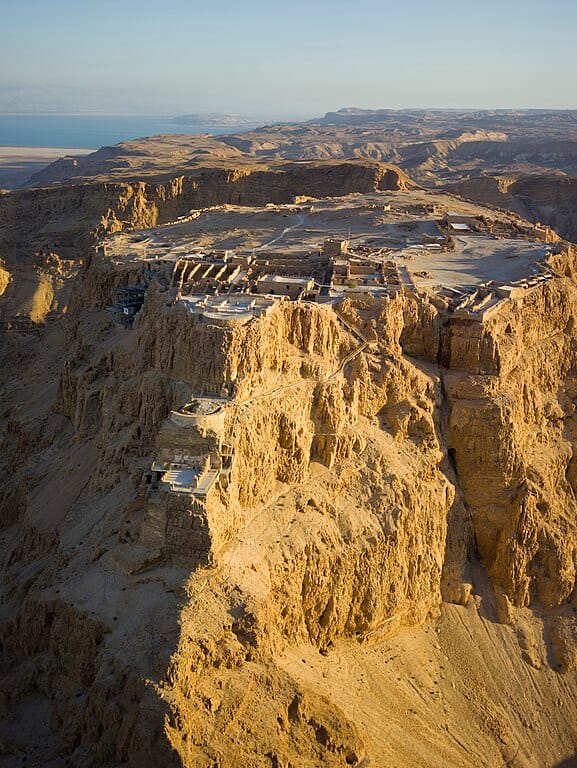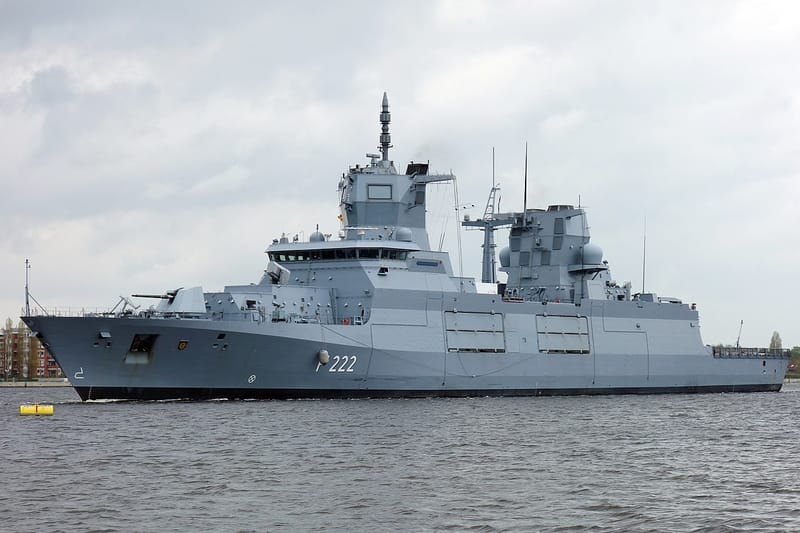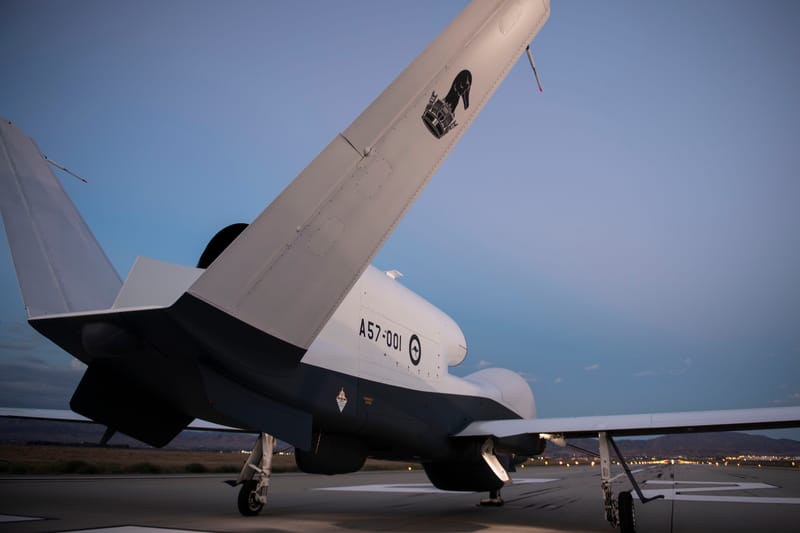Israel Intercepts Drones from Iran-Backed Iraqi Militias near Masada and Metulla
Two drones intercepted by Israel near Masada and Metulla, as Iran-backed Iraqi militias intensify attacks. Intelligence suggests a potential imminent strike from Iraqi territory involving drones and missiles.

Drone Interceptions Near Masada and Metulla: Intensified Attacks from Iran-Backed Militias
Overview of the Incident
Israel intercepted two drones on Tuesday morning—one near the renowned Masada National Park on the Dead Sea and another near Metulla on Israel’s northern border with Lebanon. The drones, which triggered sirens in the surrounding areas, represent an unusual dual incursion into Israeli airspace. This comes amid an increasing frequency of attacks reportedly orchestrated by Iran-backed militias in Iraq, as Iran intensifies its pressure campaign on Israel as prequel to an expected coordinated attack.

Großwald Curated: Key Takeaways and Facts
- Incident: Two drones intercepted by Israel, one near the historic Masada fortress and another on the northern border near Metulla, signal Iran’s intensified pressure through proxy attacks.
- Regional Escalation: The dual interceptions align with a recent surge in attacks from Iraqi militias linked to Iran, which aims to escalate tensions with Israel.
- Iranian Strategy: Recent intelligence suggests an imminent attack from Iraqi territory, potentially involving drones and ballistic missiles, and timed around the U.S. presidential election. This is expected to be in line with an assumed large-scale coordinated attack from Iran.
- Proxy Coordination: The Iraqi Shia militia Harakat Hezbollah al-Nujaba (HHN), known for its alliance with Hezbollah, is prepared to coordinate attacks on Israel under Iranian direction.
- Symbolic Target: Masada, a UNESCO World Heritage site, is a prominent symbol of Jewish resilience, visited by hundreds of thousands annually.
Masada’s Cultural and Historical Significance
Masada, a UNESCO World Heritage site, is a popular tourist destination and a potent symbol of Jewish resilience. Its historical significance stems from the fortress’ last stand by Jewish rebels against Roman forces in 73 CE. Positioned strategically on a plateau, Masada overlooks the Dead Sea and is visited by approximately 750,000 people annually.
The nearby Dead Sea region, known for geological formations like the ancient Lisan Lake deposits, highlights Israel’s deep historical connection to this landscape. An attack in this area amplifies the symbolic stakes for Israel.

Growing Threat from Iran-Linked Militias
Iran’s strategy of using Iraqi militias for drone and missile attacks against Israel is currently perceived to be increasing. Harakat Hezbollah al-Nujaba (HHN), a Shia militia in Iraq, has openly expressed its readiness to target Israel in coordination with Iran. The recent spike in drone activity is part of a broader Iranian agenda to destabilize the region, leveraging proxy forces to launch asymmetrical attacks that challenge Israel’s defense systems.
The coordinated timing of such attacks—possibly aligning with sensitive geopolitical events like the U.S. presidential election—indicates Iran’s approach to applying strategic pressure. It might be understood as prequel to an anticipated broad-scale attacked that is expected.
Israel’s Defense Strategy and Border Challenges
Israel faces continuous challenges in securing its borders against drone and missile incursions, particularly from Iran-aligned proxies in Lebanon, Syria, and Iraq. The northern border near Metulla has frequently witnessed drone intrusions, primarily originating from Lebanon. However, incursions near the Jordanian border, like the one near Masada, remain less common. This incident marks a potentially widening front in Iran’s multi-pronged approach to undermining Israeli security.
Broader Implications for Israeli-Iranian Tensions
Recently the intensity of Iranian-linked attacks from Iraqi territory has increased while Israeli intelligence assessments have indicated the likelihood of a near-term Iranian attack, potentially combining drones and ballistic missiles. The use of Iraq as a launchpad for these operations aligns with Iran’s preference for indirect confrontation, allowing it to exert regional influence without direct engagement. For Israel, these escalations underscore the need for advanced defense systems capable of intercepting a range of aerial threats.
Conclusion
The dual drone interceptions near Masada and Metulla stand for Iran’s increasing proxy assaults on Israel. Masada, symbolizing resilience, and Metulla, a strategic border town, suggest Iran’s intent to escalate tensions via regional militias. These evolving incidents could be seen as first probings on multiple fronts, preparing for a potential coordinated attack.
Sources: AWP, Jerusalem Post




